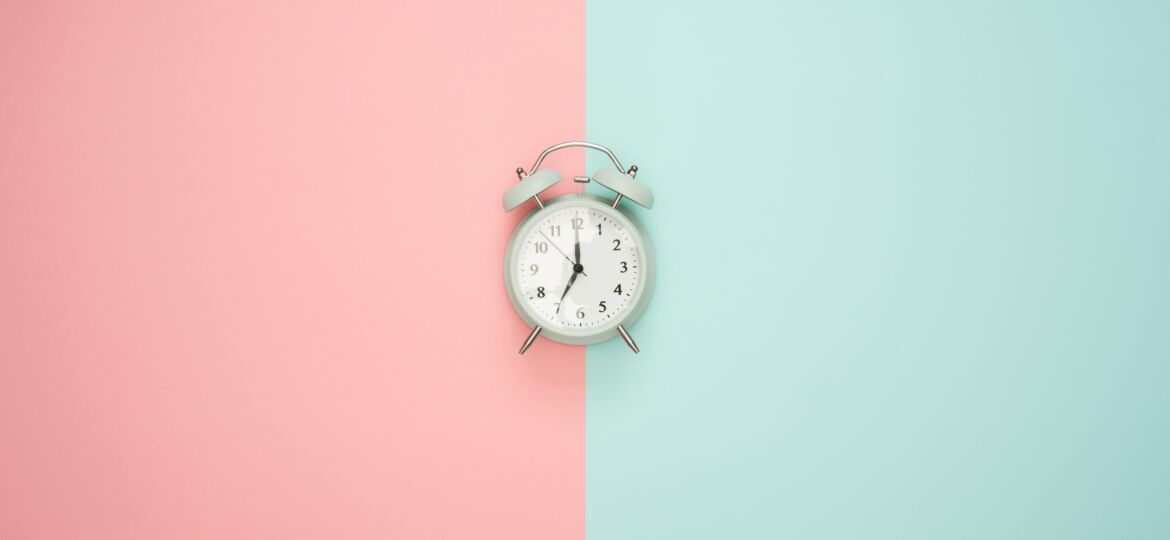
L, a 37 year old lawyer came into my office for her annual check-up. L has been married for three years to a guy she’s been with for eight, and the two of them definitely want kids. “Just not yet,” she told me. “We’re not ready now—maybe in a couple of years. Is that going to be a problem?”
The biological clock question is one of the toughest I’m asked by patients. A woman’s fertility peaks in her late 20s, and starts to decline over age 30…and that decline picks up speed after age 35. Not only are we at an increased risk of miscarriage at that point, but it gets progressively harder to get pregnant in the first place. But this is the pattern in looking at the population as a whole. A woman’s individual fertility is determined by many factors, not all of them predictable (or controllable). Your fertility is affected by sexually-transmitted infections, your general health, your body weight, and your genetics. And our fertility hasn’t caught up with modern social norms. Women are often staying in school longer, marrying later, working to establish themselves before taking time to have children.
what affects your fertility?
Age alone doesn’t predict a woman’s chances of a healthy pregnancy. Almost everyone had a friend in grade school that had a little brother or sister 10+ years younger—the later in life “happy accident” for their parents. And I also see the reverse—woman as young as 30 looking into donor egg infertility treatments, because their own eggs are no longer healthy enough. Looking at how late women in your family got pregnant (and had healthy children) may help predict your own fertility future, but you can’t take that to the bank. Unfortunately, there are no tests that can predict fertility, present or future. It’s not like the tests for ovulation (so don’t look for a fertility box at the pharmacy. Until you start trying to get pregnant, there’s just no way to know for sure.
But fertility is only one aspect (albeit important) when talking about parenthood. The decision whether and when to become a parent is one of the most life-changing decisions we make. Many women want their lives in some kind of order before bringing a new life into it. You may want to wait for the right partner (whether married to them or not), the right apartment or house, perhaps finishing school or landing the right job. I would never advise a patient to get pregnant before she’s ready for motherhood simply because she’s worried about not getting pregnant in the future.
how do you know when it’s time?
So what to tell women like L about her biological clock? She has the right guy and right job—she’s enjoying her life and isn’t ready to see it change. What, in the end, does “ready for parenthood” mean? I think it means something different for everyone. So when asked, this is what I say: if you’re not completely ready to have a child by yourself, don’t—it’s just too difficult. But if you’ve got all the pieces in place, like L, and you’re in your 30s, seriously think about going for it now—you may never feel 100% ready, and your eggs may not be if you wait.
